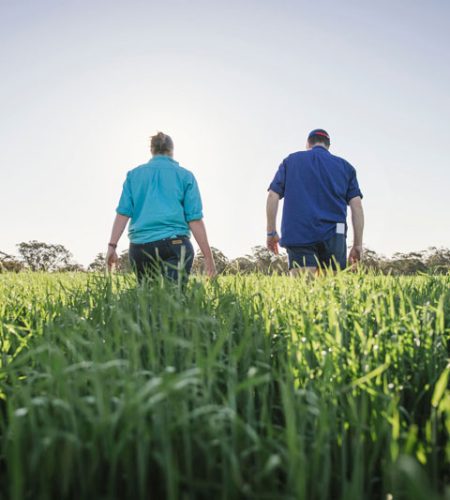Dr Christine Storer
Project Leader
Charles Sturt University
The economic, environmental and social benefits of regenerative agriculture have not yet been fully defined. There is a need to better understand the interactions between the development of healthy ecosystems (such as soil health) and the production of high-quality food and fibre.
This project will develop a framework that can be used to assess a wide range of economic and social impacts of agriculture, allowing comparisons among different approaches. The project will use a case study design that builds on the existing Soil CRC project Regenerative farming systems that has been working to quantify the effectiveness of regenerative farming systems to improve soil performance across defined soil and climate constraints.
Researchers will develop the integrated framework by conducting three activities:
- Desktop review of economic and social literature on regenerative agriculture practices and methodologies to value their impact.
- Develop a definition of what regenerative agriculture means for Australian agricultural enterprises and its potential benefits through qualitative and quantitative approaches.
- Build six selective farm case studies – one each from six different regions to examine the
economic, social and environmental co-benefits of adaptive regenerative farming management and how this is specifically linked to healthy soil practices.
The result will be a relevant, practical and usable decision support framework for farmers considering transitioning to regenerative agriculture.

